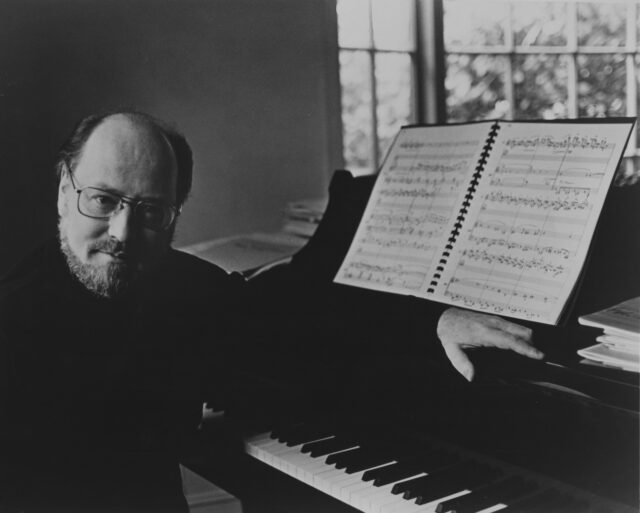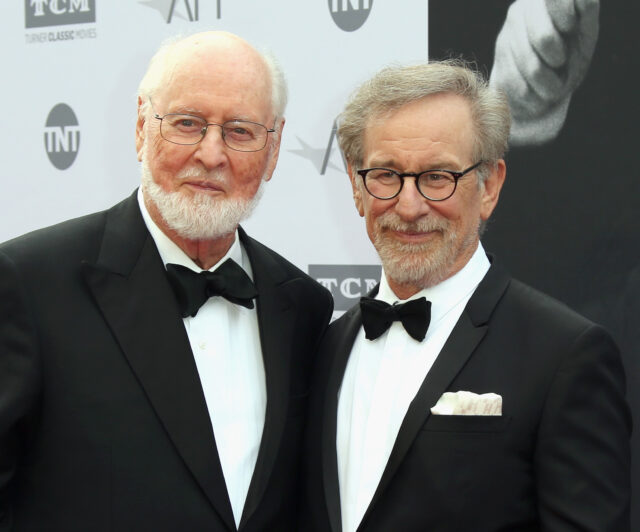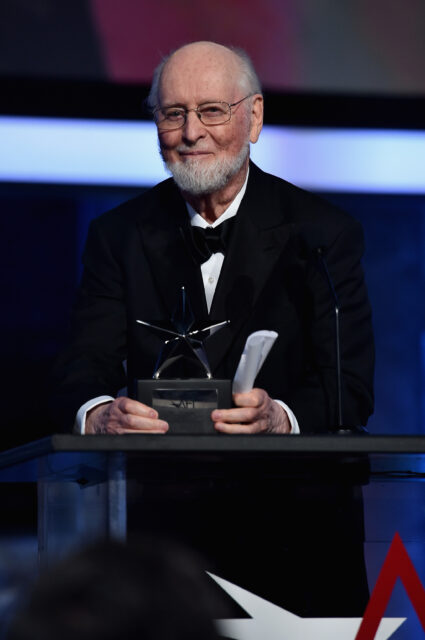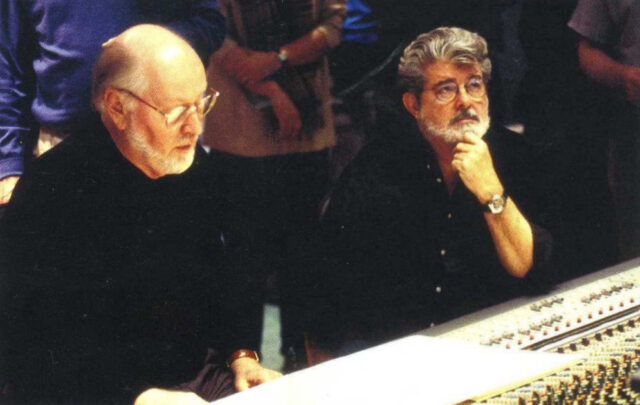Through hard work and dedication, John Williams has become the most accomplished film composer in cinematic history. Although you may not know his name, you most certainly know his music, as he composed the themes for Jaws and Star Wars. His name is credited on scores in many of the highest-grossing films in US box office history.
Williams was surrounded by music as a child
John Towner Williams was born in New York City on February 8, 1932. His father, Johnny Williams, was a jazz drummer and percussionist who most notably played with the Raymond Scott Quintette. The early influence of his father’s work in his life is likely what guided Williams to pursue a career in music.

In 1948, the Williams family moved from New York to Los Angeles where he briefly attended the University of California. At the same time, he studied composition privately under Italian composer Mario Castelnuovo-Tedesco.
Williams enlisted in the US Air Force in 1951, where he was assigned to conduct and arrange music for the US Air Force Band. He also played piano and brass. He served for four years until 1955, when he returned to NYC. While there, he attended The Julliard School to study piano, but eventually changed his focus to composition.
After he finished school, Williams moved back to LA and began his work as an orchestrator for film studios.
He began a lifelong friendship with Steven Spielberg
Williams was eventually sought out by director Steven Spielberg, who hoped to bring him on to compose for his directorial debut, The Sugarland Express. From that moment on, Williams and Spielberg shared a long-lasting and special professional relationship.

Williams went on to compose all but five of the films directed by Spielberg. Spielberg said in 2012 that Williams is the “single most significant contributor to my success as a filmmaker.”
Williams has not solely worked with Spielberg, however. In fact, he has collaborated with several other notable directors. He worked with George Lucas on both the Star Wars and Indiana Jones franchises and has also worked with the likes of Oliver Stone, Clint Eastwood, Brian De Palma, and Robert Altman.
Williams has an impressive award history
Williams’ career has spanned over seven decades, and he has at least one Oscar nomination for each decade of work. With 53 Academy Award nominations over his career, he comes second only to Walt Disney for the most Oscar nominations in history.

There have been more than 10 instances where Williams was nominated at least twice at the same Oscar ceremony, and was even nominated three times in one night. It makes sense, as he has composed some of the most recognizable and critically acclaimed film scores in Hollywood film history.
Williams has taken home five Oscar wins over his career. His first was for Best Music, Scoring Adaptation and Original Song in the 1972 film, Fiddler on the Roof. From there, he won the award for Best Music, Original Score for Jaws (1976), Star Wars: Episode IV – A New Hope (1978), E.T. the Extra-Terrestrial (1983), and Schindler’s List (1994).
And the list goes on…
Williams’ awards list doesn’t stop there, either. Throughout his career, he has won 25 Grammy Awards, seven British Academy Films Awards, and four Golden Globes. In 2005, the American Film Institute declared Williams’ score to Star Wars the greatest score of all time.

Williams even won an American Film Institute Lifetime Achievement Award, given to only one individual annually, in 2016. This was the first time the award was ever presented to a person outside of the directorial and acting fields.
In 2023, Williams announced that he intended to retire following the release of the final Indiana Jones film, Indiana Jones and the Dial of Destiny. However, he seems to have changed his mind. At a special event with Spielberg, he said, “I’ll stick around for awhile. I can’t retire from music. A day without music is a mistake.”
More from us: Tom Cruise Has Debunked One of the Many Strange Stories About Him
It seems Williams cannot get enough of composing breathtaking film scores for audiences everywhere, which is incredible, because we can’t get enough of his brilliance.
